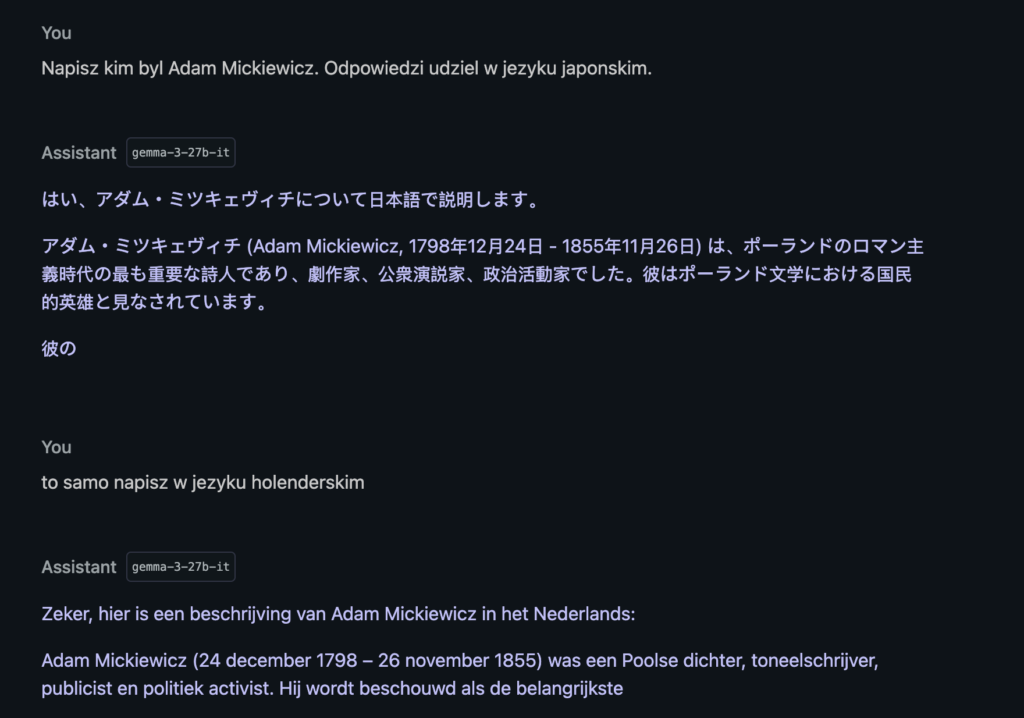The OpenAI Agents SDK empowers you to build lightweight and user-friendly agentic AI applications with minimal abstractions. It’s a production-ready upgrade of our previous agent experimentation, Swarm. The SDK includes primitives like agents, handoffs, and guardrails.
Combined with Python, these primitives express intricate relationships between tools and agents, facilitating the creation of real-world applications with a low learning curve. Built-in tracing allows visualization, debugging, and evaluation of agentic flows, as well as model fine-tuning.
The SDK adheres to two design principles: providing enough features to be valuable but few primitives for quick learning, and seamless out-of-the-box functionality with customization options.
- Key features include the agent loop, which handles calling tools, sending results to the LLM, and continuing until the LLM completes its task. The SDK leverages Python language features to orchestrate and chain agents, eliminating the need for new abstractions.
- Handoffs: Coordinates and delegates tasks between agents.
- Guardrails: Executes input validations and checks in parallel, terminating early if checks fail.
- Function Tools: Transforms Python functions into tools, generating schemas and using Pydantic validation.
- Tracing: Visualizes, debugs, and monitors workflows, providing access to OpenAI evaluation, fine-tuning, and distillation tools.
Gemma 3 also was open sourced by Google, it has up to 27B, 140 languages support and comp vision. Also Gemma 3 ships with day zero support in mlx-vlm just for all Mac users (smaller versions can be used on iPhones). More info: https://huggingface.co/blog/gemma3 https://ollama.com/library/gemma3
I asked Gemma 3 who Adam Mickiewicz (Polish poet) was in Polish and wanted to get the answer in Japanese, then the same answer in Dutch and it worked nicely. Everything on a 32GB Mac (no MLX 5t/s 🙁 ). Another test was to describe what is on uploaded image – but this operation on my Mac took ages.
